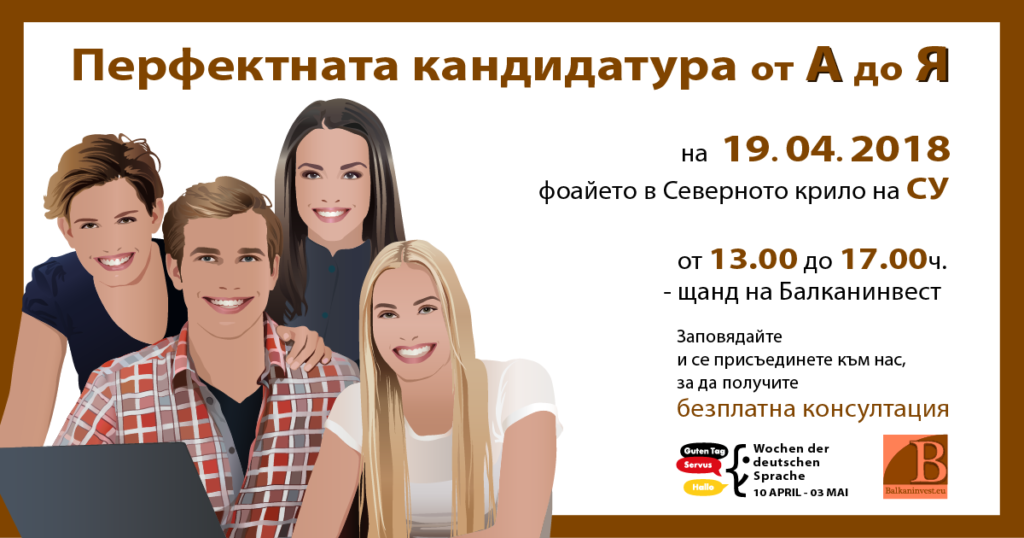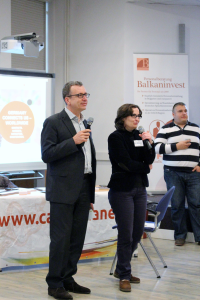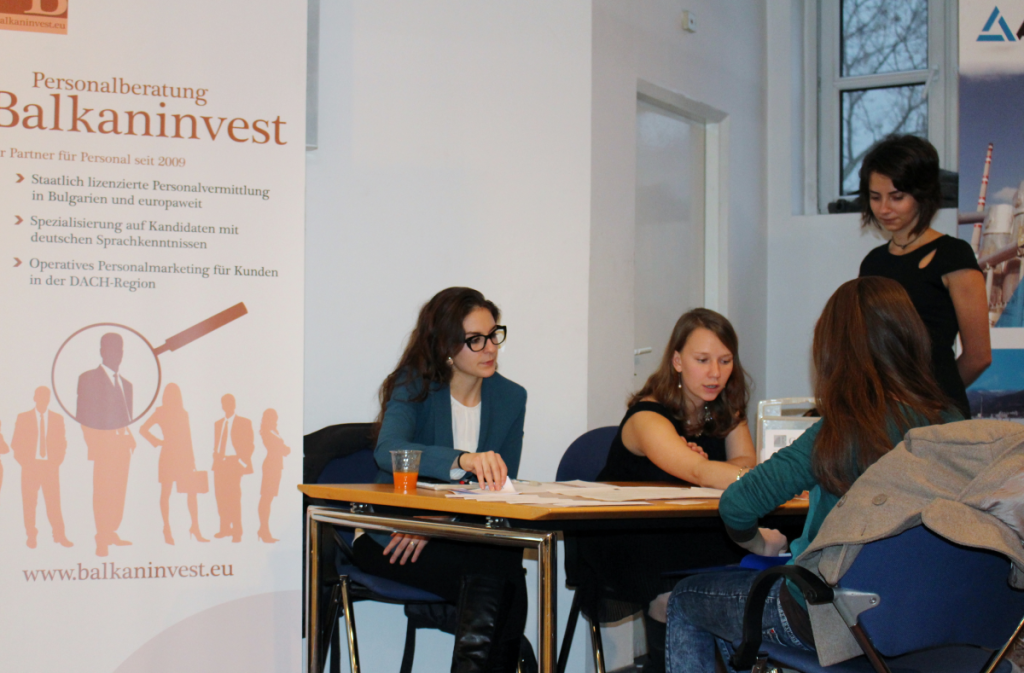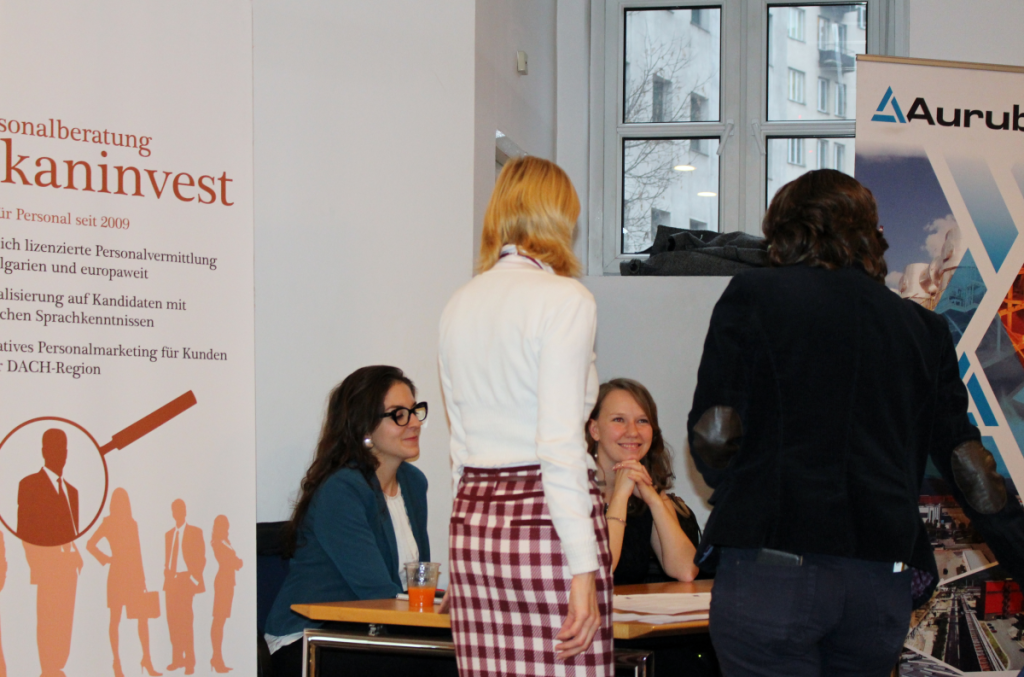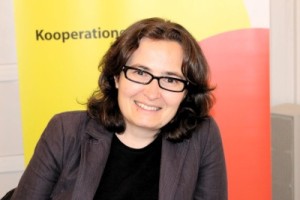Unemployment in Bulgaria continues to be a significant issue in 2023. Despite the country’s slow economic growth in recent years, the COVID-19 pandemic has led to the closure of many businesses, resulting in a further increase in unemployment.
Situation has improved over the past year.
In March 2023, the unemployment rate in Bulgaria is projected to be around 3.7 percent (compared to 4.5 percent in March 2022), according to the latest data from the European statistical authority, EUROSTAT. While this rate may not be very high compared to other EU countries, the number of long-term unemployed individuals is a cause for concern. Many people are struggling to find jobs, especially in rural areas and regions with lower economic development.
However, there have been positive developments as well. The Bulgarian government has launched various initiatives to promote employment, including support for start-up companies and the creation of incentives for job-creating businesses. Training and retraining programs have also been implemented to enhance employment opportunities for the unemployed.
The government is also committed to developing infrastructure, particularly in remote regions, to facilitate job creation in these areas. Another important step is to increase investment in the technology and service sectors, as these industries have high growth potential.
Unemployment in Sofia almost non existing
In major booming regions, particularly in the capital city of Sofia, as well as Plovdiv, Burgas, or Varna, unemployment is not a major issue. Qualified workers are in high demand, and there is nearly full employment. Sofia, with its emerging IT industry, and Plovdiv, with a strong industrial base, are experiencing widespread shortages of skilled workers.
In these major growth centers, such as the bustling capital of Sofia and the industrial hubs of Plovdiv, Burgas, and Varna, the unemployment situation is not a significant concern. Skilled workers are in high demand, and there is nearly full employment. Sofia, with its thriving IT sector, and Plovdiv, with its robust industrial base, are grappling with a widespread shortage of highly skilled professionals.
Efforts to address the unemployment issue extend beyond these urban centers. The Bulgarian government recognizes the need to bolster employment opportunities in rural areas and regions with lower economic development. Consequently, they have implemented various measures to uplift these areas. One crucial aspect involves investing in infrastructure development, particularly in remote regions, which not only improves connectivity but also facilitates job creation.
Additionally, the government has prioritized increasing investments in the technology and service sectors, acknowledging their immense growth potential. By fostering innovation and entrepreneurship in these industries, Bulgaria aims to generate new job opportunities and boost economic prosperity.
Moreover, the government has introduced programs aimed at fostering a skilled workforce. These initiatives include vocational training and retraining programs designed to enhance the employability of the unemployed. By equipping individuals with in-demand skills and qualifications, these programs strive to bridge the gap between job seekers and available employment opportunities.
While progress has been made, it is crucial to continue supporting and promoting initiatives that combat unemployment in Bulgaria. Collaboration between government entities, businesses, and communities is vital to ensure sustained economic growth and reduced unemployment rates throughout the country.
In conclusion, although unemployment remains a significant challenge in Bulgaria, positive steps have been taken to address the issue. The government’s commitment to promoting employment, investing in infrastructure, and fostering growth in key sectors demonstrates a proactive approach. However, ongoing efforts and support from various stakeholders are essential to further alleviate unemployment and create a thriving job market for all Bulgarians.

